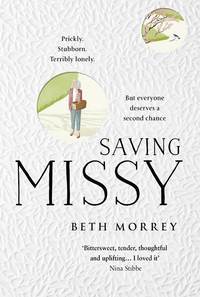Kitabı oku: «Saving Missy», sayfa 2
Bir şeyler ters gitti, lütfen daha sonra tekrar deneyin
₺696,85
Türler ve etiketler
Yaş sınırı:
0+Litres'teki yayın tarihi:
30 kasım 2019Hacim:
312 s. 4 illüstrasyonISBN:
9780008334048Telif hakkı:
HarperCollins